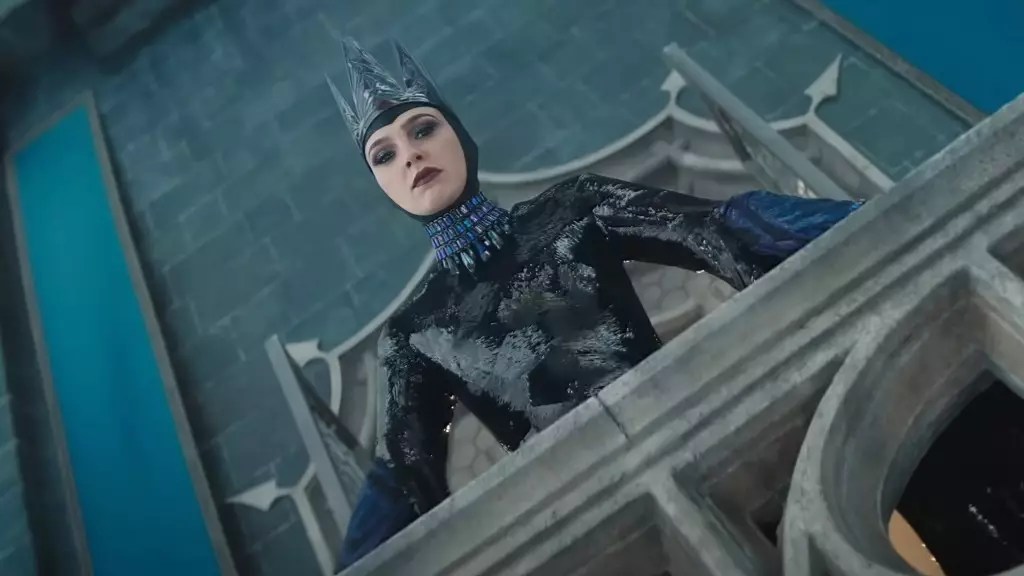The recent controversy surrounding Gal Gadot’s comments about the impact of geopolitical discourse on her film’s performance reveals a deep-seated tension within Hollywood. While actors often project an image of neutrality, the reality is that personal beliefs and political stances are increasingly unavoidable, shaping the success or failure of their projects. Gadot’s admission that external pressures linked to her Israel identity played a role in the underperformance of her latest film underscores a troubling pattern: the stifling effect of political polarization in entertainment. Hollywood, once a sanctuary for creative expression untethered from real-world conflicts, now seems entangled in debates that threaten artistic freedom and meritocracy.
This situation exposes the dangerous illusion that art can be completely divorced from politics. When starring roles, box office outcomes, or even careers hinge on a celebrity’s willingness to “toe the line” politically, it distorts the very essence of artistic integrity. Gadot’s heartfelt revelations about feeling personally targeted due to her nationality strike a nerve, highlighting how identity politics are now intertwined with performance metrics. The industry should be focused on talent, storytelling, and innovation—not societal pressures that silence or punish individuals for their sincere convictions.
The Fear of Speaking Out and Its Consequences
Hollywood’s hesitance to support open dialogue about complex international issues stems from a fear of alienating audiences. Political correctness, especially surrounding sensitive conflicts like the Israel-Hamas war, creates a chilling effect that discourages honest conversation. Gadot’s experience reveals a core flaw: when celebrities feel compelled to hide their truths out of fear of backlash, it diminishes the diversity of opinions and erodes the multiplicity of perspectives necessary for genuine cultural growth.
Moreover, the suggestion that external political pressures have significantly influenced a film’s box office results is troubling. It indicates that success in Hollywood is increasingly dictated by the social and political climate rather than solely by artistic merit or audience engagement. This dangerous precedent discourages talented artists from expressing their opinions or supporting causes they believe in, ultimately impoverishing the cultural landscape. Hollywood’s silence risks transforming it into a space where conformity is rewarded, and honest debate is suppressed.
Now More Than Ever, Authenticity Must Prevail
Authentic storytelling requires courage—a willingness to confront uncomfortable truths and acknowledge the complex realities faced by individuals across the globe. Gadot’s candidness about her feelings and the external pressures she encountered should be seen as a call for introspection within Hollywood. Instead of punishing actors for their backgrounds or beliefs, the industry should celebrate diverse perspectives that enrich storytelling and challenge audiences to think critically.
The idea that political conflicts should influence artistic outcomes must be challenged if Hollywood is to maintain its relevance and integrity. Artists should be free to express their identities and beliefs without fear of jeopardizing their work. A more open, honest, and inclusive environment offers the best opportunity for genuine cultural dialogue and artistic excellence to flourish—a necessity in today’s polarized world. Hollywood’s future lies in embracing complexity and encouraging individuals to speak their truths, not suppress them under the guise of neutrality.

